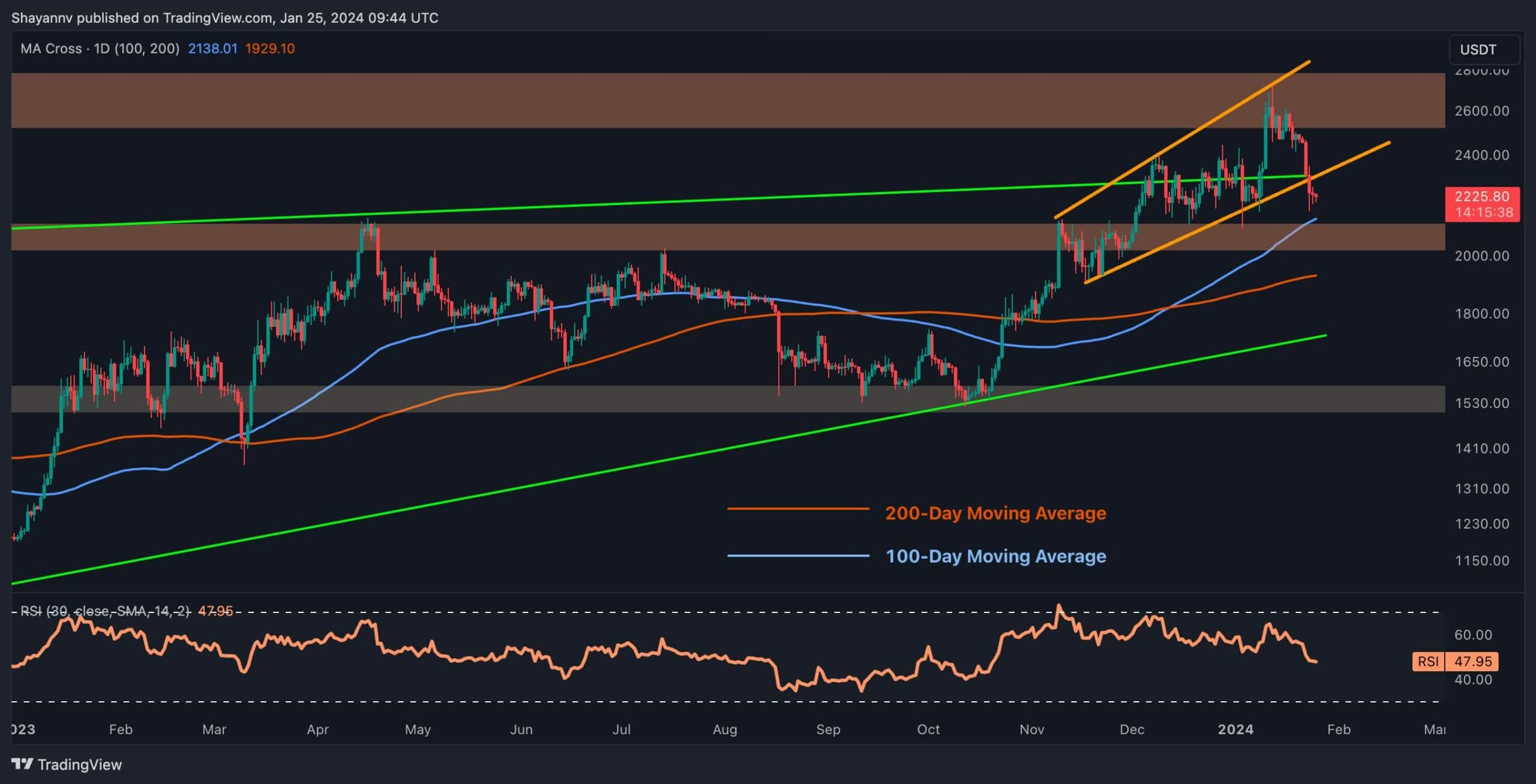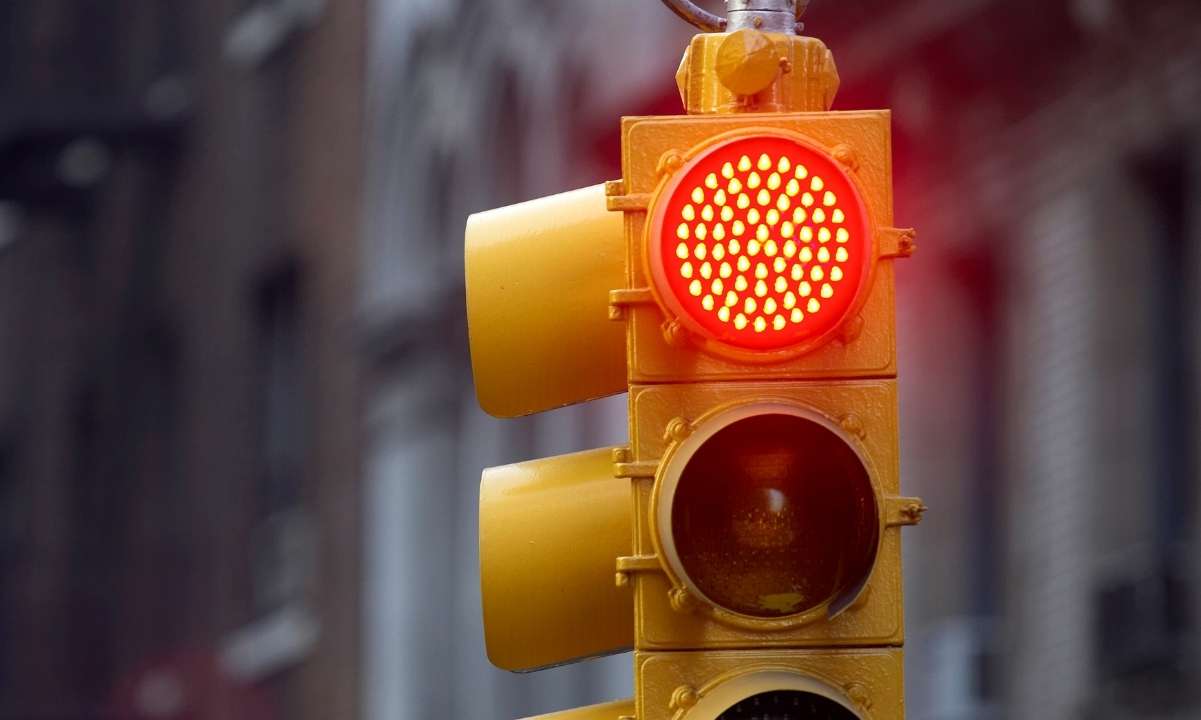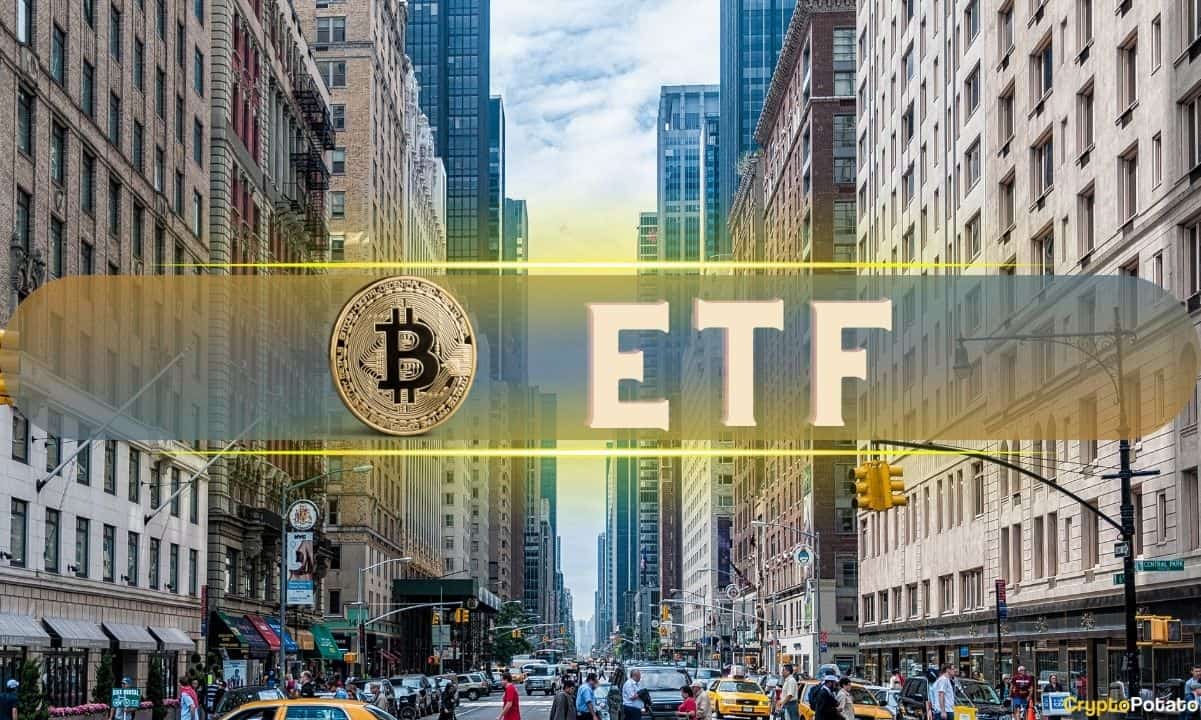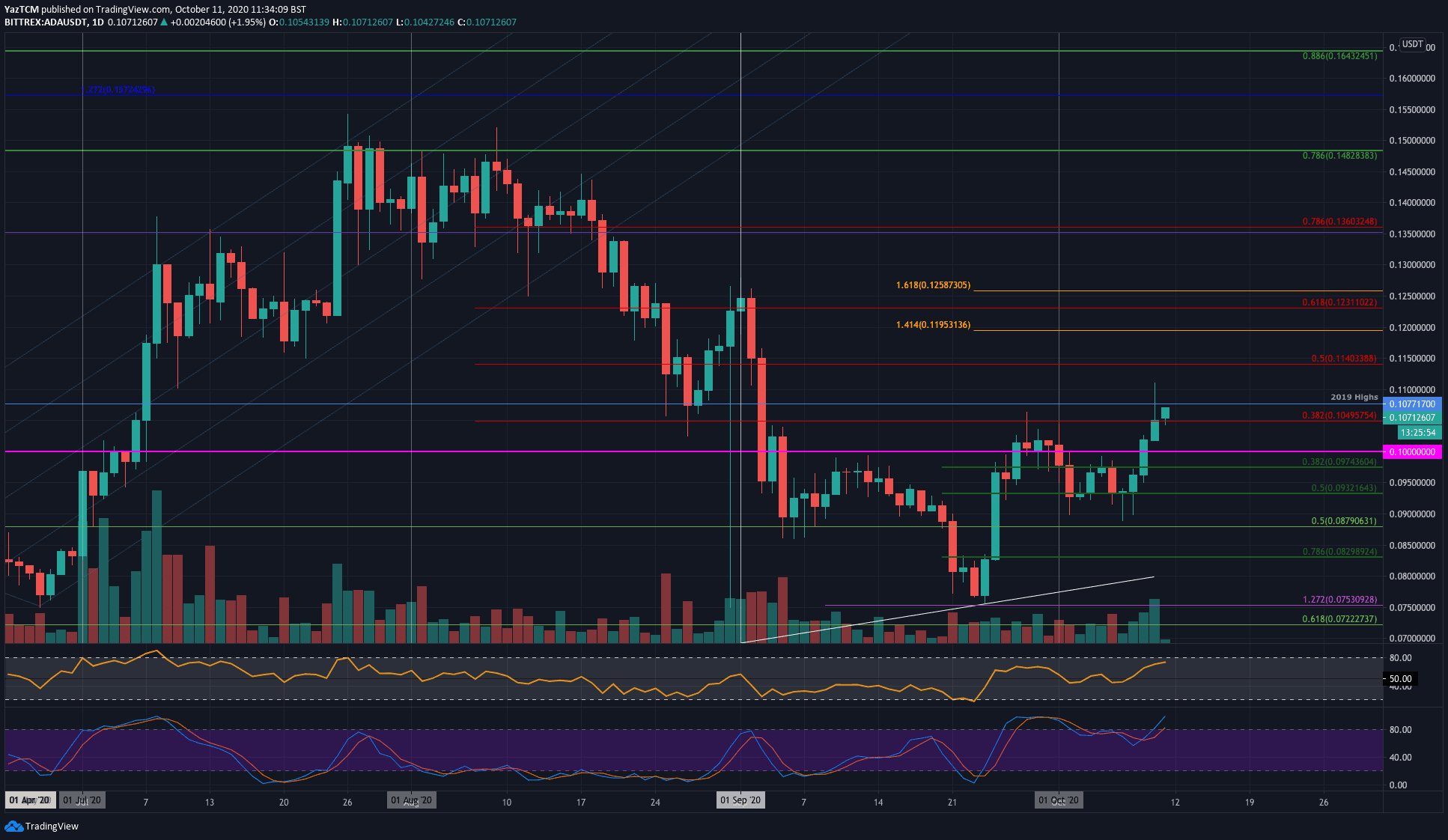Soccer Star Neymar Jr. Buys —And Shows Off— His Bored Ape Yacht Club NFT
The successful PSG player, goalscorer for the Brazilian national soccer team, and NFT enthusiast Neymar Jr, is the newest member of the elite Bored Ape Yacht Club.
Neymar shared the news with his followers on Twitter, posting a photo of his new pink ape outfitted with flashy futuristic glasses, along with the hashtag #BoredApeYC.
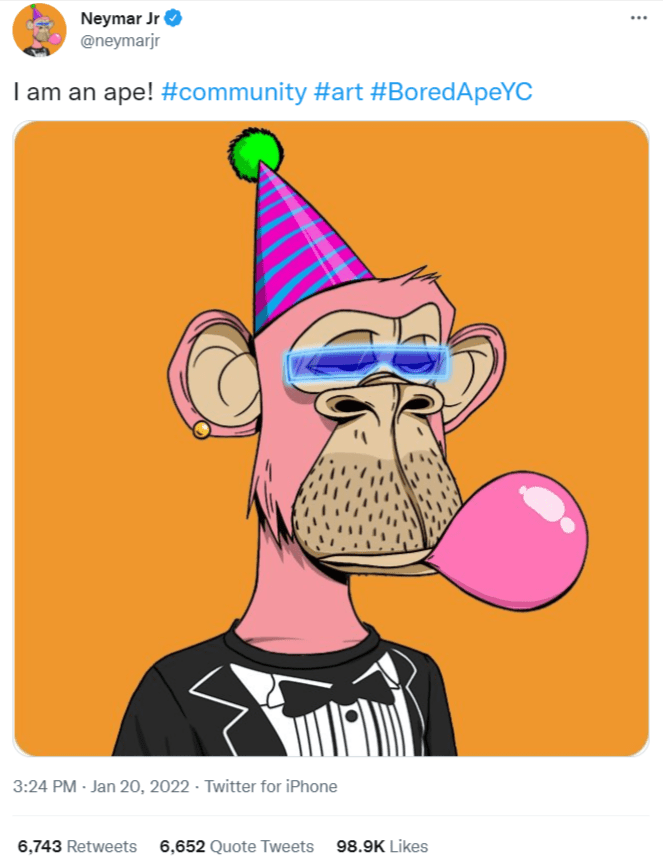
Neymar Jr. Loves NFTs
On January 20, Neymar changed his profile picture using the Bored Ape 6633 as an avatar. According to OpenSea’s history, the soccer player paid 159.99 ETH for the ape. The price would be around $481.6K USD taking the current ETH price as a reference. This represents an appreciation of more than 66% in just under a month when the same ape sold for 96 ETH.
But Ape 6633 is not the only NFT owned by Neymar. The soccer player owns another even more valuable ape – Ape 5269 – for which he paid 189.69 ETH or more than $570K at current prices.
Neymar’s most valuable ape has laser eyes, a trend popular among maximalist bitcoiners who claim that the price of Bitcoin may touch $100k soon.

The Apes were subsequently transferred from Neymar’s “EneJay” account to another one under the name “EneJayVault,” probably for security reasons.
In addition to the expensive Apes, Neymar owns other NFTs such as one from the ACESnikers fashion collection, others from the Flipped BAYC, flipped CryptoPunks, and flipped Doodles.
Neymar also owns the ENS neymar-loves-rarepepes.eth, in case anyone wants to send him any NFTs about the well-known “crypto meme.”
NFTs: From Niche Market to Global Trend
The use of NFTs has become quite popular in recent months after major brands, celebrities, athletes, and famous artists started to get into it.
BAYC NFTs act as representative avatars and membership tokens of an online social club. They were created in April 2021 with an initial price of 0.08ETH and have since grown in popularity to become the most valuable collection, surpassing the floor price of the highly popular Crypto Punks.
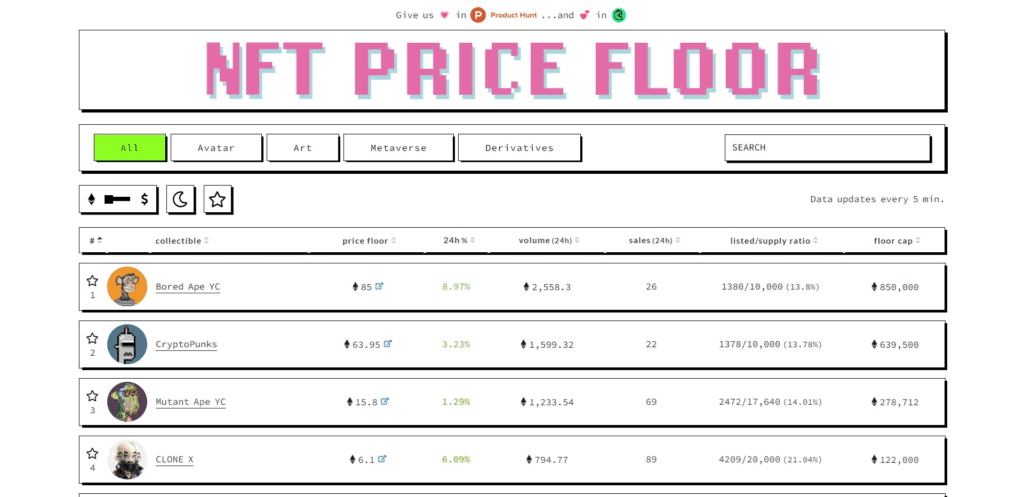
Recently, Twitter launched an NFT verification service, which allows users to display their NFTs in a special frame to prove that they are the actual owners of a given Avatar. In this way, they counter the narrative of some critics who claim that saving a copy of an NFT image is enough to own it.
For now, NFTs have had a primarily speculative and artistic use, but they may become more prominent in the future. Game and software developments will use NFTs to represent objects in the metaverse, and there are potential use cases in the supply chain, politics, and identity verification that are still being explored.



